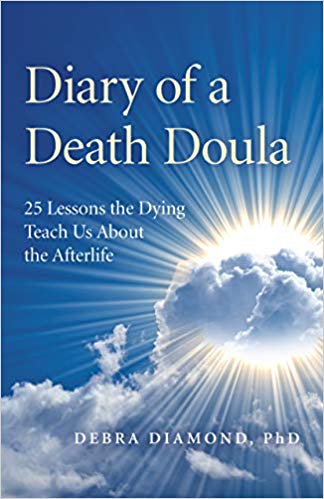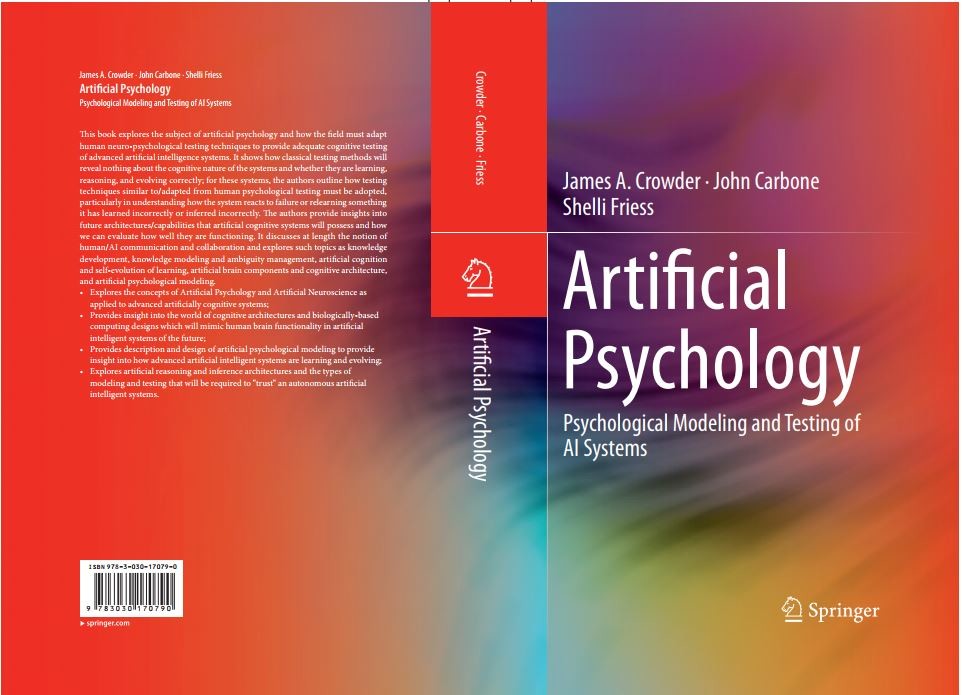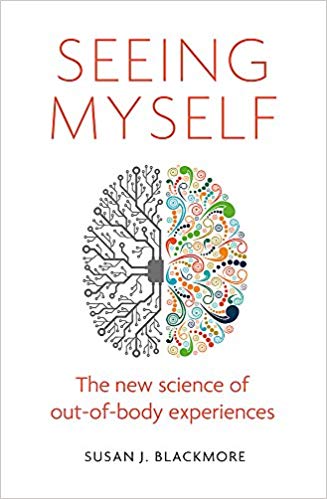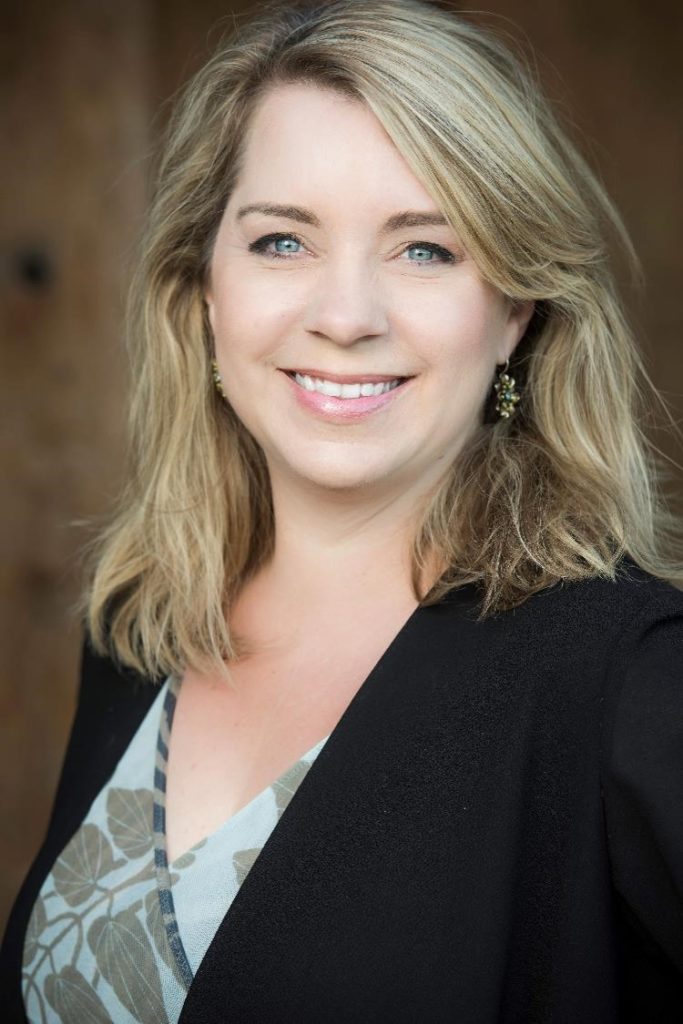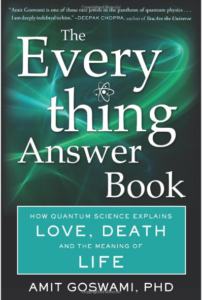In this episode, I had the honor of speaking with Dr. Donald D. Hoffman, who is a professor of cognitive science at the University of California, Irvine. His writing has appeared in Scientific American and Edge, and his work has been featured in the Atlantic, Wired, and Quanta. He resides in Irvine, California. Be sure to check out his latest book, The Case Against Reality, available just about everywhere.
So, what is real…and how does that help answer the Hard Question of Consciousness?
We discussed:
- There is a false assumption out there that you take head on: ‘That we see reality as it is.”
- You think that’s wrong? What is real, then?
- Simulations/equations
- What about two people perceiving the same thing?
- Your letter exchange with Dr. Crick and The-thing-in-itself versus the-idea-of-the-thing: does this get to the heart of answering the hard question?
- How big of a gap is there between perception of reality and reality? Is that knowable?
- What is a conscious agent? [Something that perceives, decides, and acts — what does that mean?]
- Do spacetime and physics arise from the dynamics of conscious agents?
- Is reality a network of conscious agents, with consciousness a fundamental property in the universe?
- What do physicists say about this idea?
- You mention some interesting findings with split brain studies.
- What interested you about those studies, and how did that play a part in developing your theories?
- The one consciousness split into two consciousnesses, but the two then act as a single conscious agent, right?
- Do you and I act as a single conscious agent? Do we all combine into one universal consciousness?
- Is perception the result of the brain building models/schema? Do these models then create phenomenal experiences (consciousness)?
- There is a quantum basis to this, too, correct? Measurement/observation, entanglement?
- Is has to do with information (i.e. Hawking)?
- We re-construct what we perceive, in our brains?
- 3D cube in circles. Necker Cube.
- This is driven by evolution?
- Not perceiving the world accurately gives an advantage?
- The good old Hard Question: that gap in between the physical brain and our phenomenal experiences (qualia).
- Does your Interface Theory of Perception (ITP) explain this gap? How?
- How does this explain “something it is like to be a bat”?
- How does your theory do with non-ordinary states of consciousness, like dreams, psychedelics, etc.?
- Your analogy: Computer desktop as a representation of reality.
- We see an icon on the desktop that represents a document or email. That’s our reality, that this graphic icon is our document. But, there are software engineers and graphic designers creating a thing-as-it-is reality behind that. What are those designers and coders analogous to, in reality?
- What didn’t I ask?
- Distinction between living and non-living things.
- What about the transition between living and not living?
- What’s next from you? What are you excited about?
Podcast: Play in new window | Download
